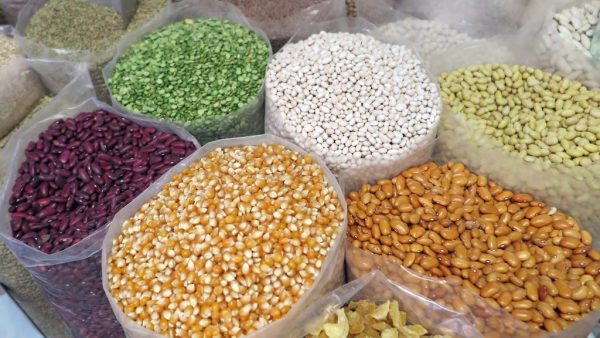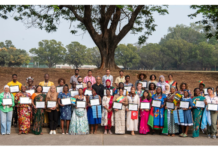South Sudan is set to receive funding for various organisations to address acute food insecurity and desert locust crisis in the country.
The South Sudan Resilient Agricultural Livelihoods Project (RALP) will provide a grant of US $62.2million which will be used in supporting training programmes for farmers to help them efficiently manage their organisations, adopt new technology and use climate smart agriculture to boost their yields. It will also invest in tools, machinery, and seeds required to improve productivity.
Another US $ 53.7million grant will be set for Emergency Locust Response Project (ELRP). This will boost South Sudan’s response to desert locust by ensuring direct income to the most vulnerable households to allow them to produce more food for themselves and local markets, as well as use labor intensive public works to provide income opportunities while promoting restoration of pasture and farming systems. This is the third phase of the regional Emergency Locust Response Program, which has already provided financing to Djibouti, Ethiopia, Kenya, Uganda, and Somalia.
Investments in social protection and agriculture
The two grants will be the first World Bank-financed projects since 2018 to be implemented through government systems, specifically the Ministry of Agriculture and Food Security. The financing for these projects includes US $50 million from the IDA19 Crisis Response Window Early Response Financing mechanism.
“These two timely projects provide a mix of investments in social protection and agriculture to address drivers of both acute and chronic food insecurity. The implementation modality supports a broader agenda of institutional capacity building for the Government of the Republic of South Sudan, and we look forward to collaborating closely with the government and other development partners to ensure that no one goes hungry,” said Ousmane Dione, World Bank Country Director, Eritrea, Ethiopia, South Sudan and Sudan.
The ELRP and RALP projects will be implemented in close coordination and collaboration with other World Bank-financed projects in South Sudan, such as the on-going South Sudan Safety Net Project and the South Sudan Enhancing Community Resilience and Local Governance Project.








